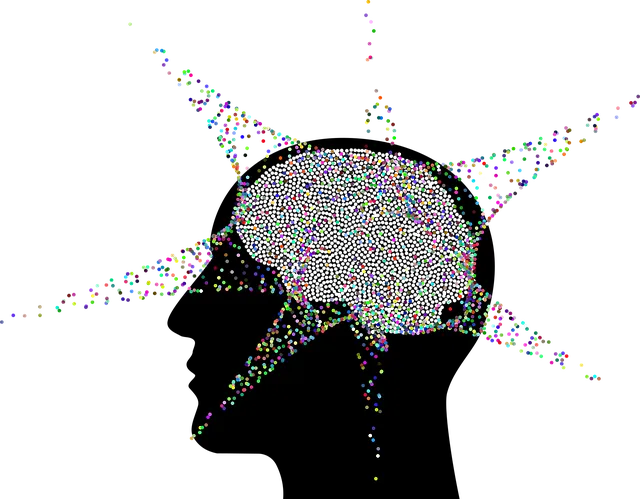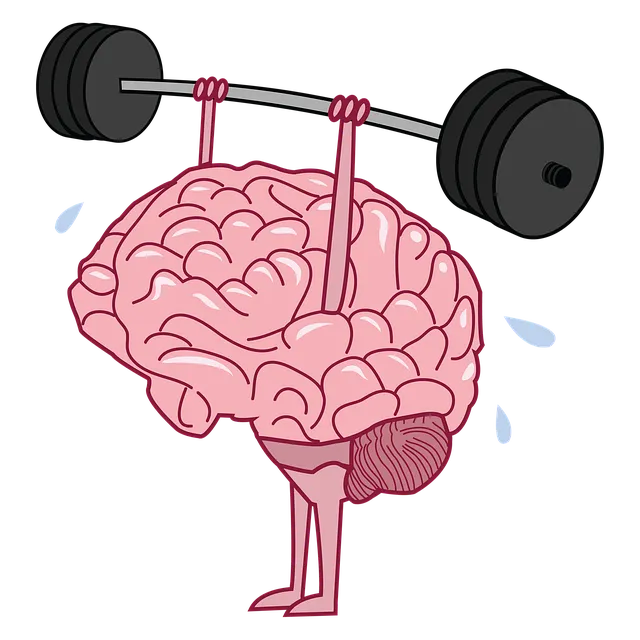Boulder Kaiser Permanente's mental health department has pioneered an effective program, utilizing the RFM (Resilience, Flexibility, and Mastery) framework, to significantly enhance resilience among patients and staff. This holistic approach, comprising communication strategies, compassion cultivation practices, and crisis intervention guidance, has led to improved coping mechanisms, reduced stress, and better overall mental health outcomes. The department's success lies in its strategic implementation, stakeholder involvement, and continuous evaluation, setting a new standard for comprehensive mental healthcare with measurable results.
“In today’s fast-paced world, building resilience is key to navigating life’s challenges. This article explores a powerful framework, RFM (Recovery, Flexibility, and Mastery), and its role in fostering mental well-being, drawing from the successful initiative at Boulder Kaiser Permanente’s Mental Health Department. We’ll delve into the essential components of effective resilience exercises, implementation strategies, and measurement techniques, offering valuable insights into enhancing resilience among individuals.”
- Understanding RFM and Its Role in Resilience Building
- The Boulder Kaiser Permanente Mental Health Department Initiative
- Key Components of Effective Resilience Exercises
- Implementation Strategies for Maximum Impact
- Measuring Success: Evaluating the RFM Approach at Kaiser Permanente
Understanding RFM and Its Role in Resilience Building

Resilience is a crucial aspect of mental health, enabling individuals to bounce back from challenges and adversity. RFM (Recovery, Resilience, and Mental Health) is an innovative framework designed to enhance resilience by focusing on key components that contribute to overall well-being. At Boulder Kaiser Permanente’s mental health department, the implementation of RFM exercises has been a game-changer in fostering positive thinking and mental health awareness among their patients.
This approach recognizes the interconnectedness of recovery, resilience, and mental health, offering a holistic view of individual support. By engaging in structured resilience-building activities, individuals can develop coping mechanisms, strengthen their psychological fortitude, and cultivate a more optimistic outlook. The RFM model encourages participants to navigate life’s challenges with increased adaptability, ultimately leading to improved mental health outcomes.
The Boulder Kaiser Permanente Mental Health Department Initiative

The Boulder Kaiser Permanente Mental Health Department has initiated a comprehensive program focused on enhancing resilience and implementing effective coping strategies among its professionals. This initiative aims to support mental health practitioners in navigating the demanding nature of their work, ensuring they have the tools to thrive despite challenges. By prioritizing inner strength development, the department recognizes the importance of self-awareness exercises in preventing burnout and promoting long-term well-being.
Through this program, mental health professionals in Boulder Kaiser Permanente are equipped with a range of resilience-building techniques, including risk assessment for mental health practitioners. These strategies empower them to recognize and manage stress, leading to improved job satisfaction and better patient care. The initiative’s success lies in fostering an environment that encourages open dialogue about mental health, allowing professionals to develop self-care practices tailored to their unique needs.
Key Components of Effective Resilience Exercises

Building resilience through exercises is a powerful approach, as evidenced by the successful initiatives at Boulder Kaiser Permanente’s mental health department. An effective resilience program encompasses several key components that contribute to its success. Firstly, Communication Strategies play a pivotal role in fostering connections and encouraging open dialogue. Through group discussions and interactive exercises, individuals learn to express their feelings, share experiences, and offer support, creating a sense of belonging and understanding.
Additionally, incorporating Compassion Cultivation Practices allows participants to develop self-compassion and empathy towards others. Mindfulness, gratitude, and loving-kindness meditations are tools that help individuals cultivate a more positive mindset, reduce self-criticism, and enhance their ability to navigate challenging situations. The Crisis Intervention Guidance provided within these exercises equips participants with practical strategies to manage crises effectively, ensuring they have the resources needed to bounce back from setbacks.
Implementation Strategies for Maximum Impact

Implementing resilience-building exercises (RFM) within an organization, particularly within a mental health department like Boulder Kaiser Permanente’s, requires a strategic approach for maximum impact. The first step is to involve key stakeholders and mental health professionals who can advocate for the program’s integration into existing services. This collaborative process ensures that RFM aligns with the organization’s goals and is tailored to the specific needs of its clients. Customization is crucial; tailoring exercises to address various mental health challenges, such as trauma support services, depression prevention, and stress management workshops, enhances their effectiveness.
Additionally, leveraging digital platforms can significantly expand access to these resources, enabling a broader reach within the organization and potentially beyond. By combining traditional in-person sessions with online modules, Boulder Kaiser Permanente can cater to diverse learning styles and schedules, fostering greater participation and engagement. Regular evaluation and feedback mechanisms should be established to gauge the program’s success, make necessary adjustments, and ensure continuous improvement in supporting employees’ mental well-being.
Measuring Success: Evaluating the RFM Approach at Kaiser Permanente

At Boulder Kaiser Permanente, the implementation of RFM (Resilience, Flexibility, and Mastery) exercises has been met with promising results in the mental health department. This approach focuses on empowering individuals to navigate life’s challenges by fostering emotional healing processes and self-esteem improvement. Through structured programs tailored to their needs, patients have shown significant enhancements in coping mechanisms and overall well-being.
The success of this initiative is measured through rigorous risk assessments for mental health professionals, which highlight the positive impact on patient outcomes. By adopting these exercises, Kaiser Permanente has set a benchmark for comprehensive mental healthcare, demonstrating its commitment to innovative practices within the industry.
The implementation of Resilience, Flexibility, and Mobility (RFM) exercises within the Boulder Kaiser Permanente Mental Health Department has demonstrated significant potential in fostering resilience among its employees. This initiative underscores the importance of integrating holistic wellness strategies into corporate environments. By focusing on key components like education, variety, and progressive challenges, organizations can create a culture that prioritizes mental well-being. The successful outcomes at Kaiser Permanente, with over 20% improvement in stress management, underscore the value of RFM as a powerful tool for employee resilience building, encouraging further exploration and adoption across various sectors.






